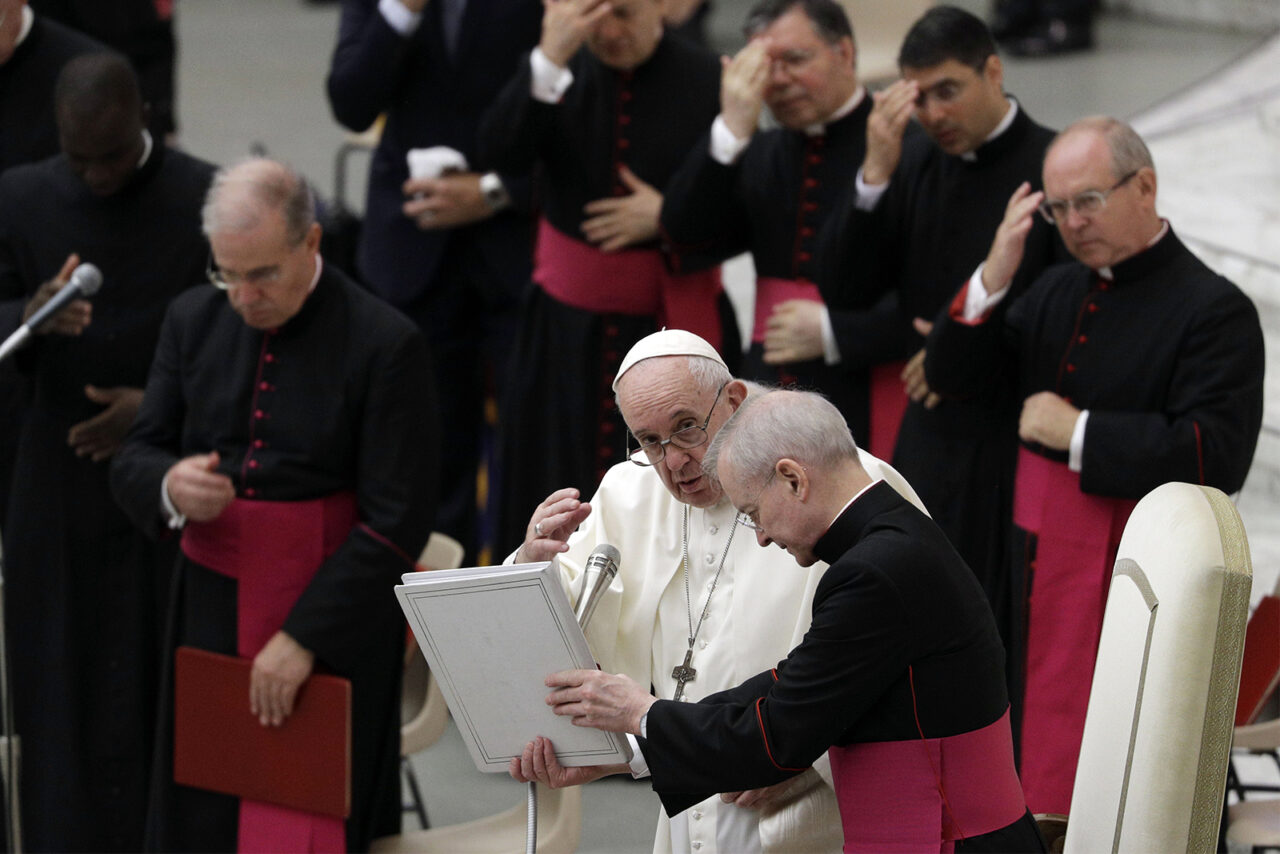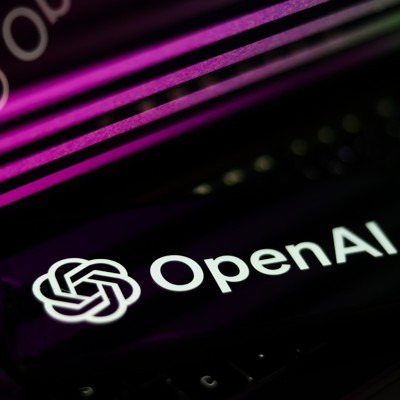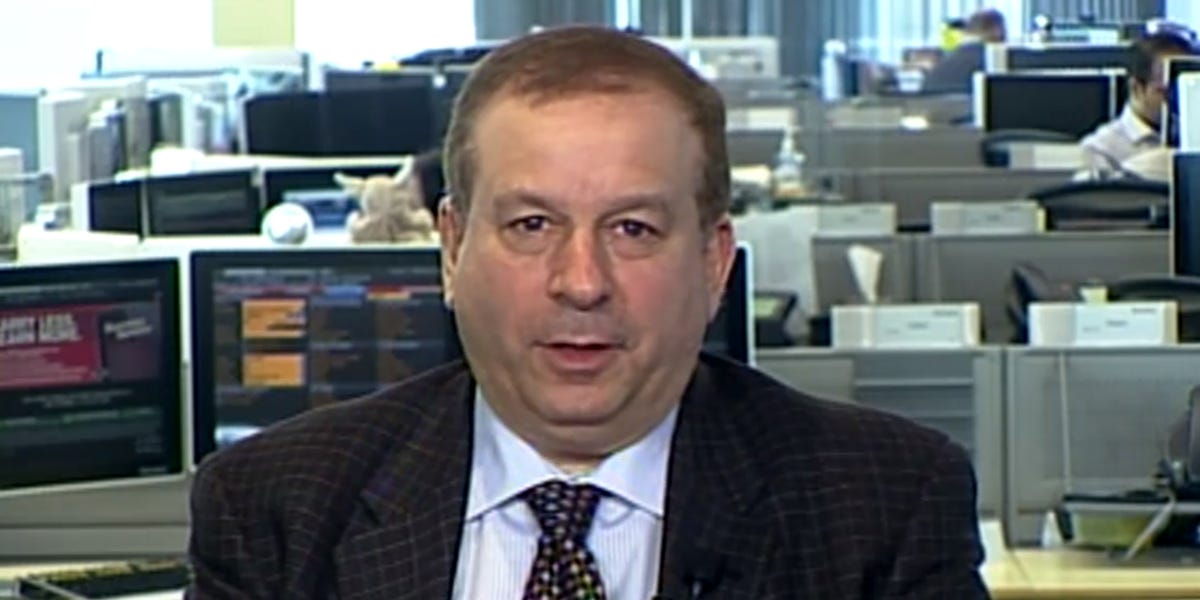The Papal Conclave: A Test Of Pope Francis's Reform Efforts

Table of Contents
Pope Francis's Key Reform Initiatives
Pope Francis's papacy has been marked by a series of significant reforms aimed at modernizing and revitalizing the Catholic Church. These initiatives, while ambitious, have faced considerable challenges. His overarching goal has been to create a more synodal, inclusive, and transparent Church.
-
Emphasis on Synodality: Pope Francis has championed a more participatory model of Church governance, emphasizing synodality – a collaborative decision-making process involving the laity and clergy. This involves a shift away from a top-down hierarchical structure to a more collaborative one.
-
Focus on Social Justice: A core tenet of Francis's papacy is a deep commitment to social justice, addressing issues such as poverty, inequality, and climate change. His encyclical Laudato Si' is a prime example of this commitment, highlighting the moral imperative to protect the environment.
-
Financial Transparency in the Vatican: Pope Francis has undertaken significant efforts to increase financial transparency within the Vatican, aiming to combat corruption and improve accountability. This includes reforms to the Vatican's financial institutions and increased scrutiny of its finances.
-
Curia Reform: Significant restructuring of the Roman Curia, the central governing body of the Catholic Church, is underway to streamline its operations, enhance efficiency, and promote greater collaboration between different departments. This involves changes in personnel and the establishment of new bodies.
These initiatives, while representing a fundamental shift in the Church's approach, have far-reaching implications for the Church's future, affecting everything from its internal governance to its engagement with the world's most pressing social issues.
The Conclave as a Barometer of Reform
The selection of the next Pope will act as a powerful indicator of the influence and acceptance of Pope Francis's reforms. The outcome of the Papal election will directly reflect the prevailing sentiment within the College of Cardinals regarding these changes.
-
Continuation of Reforms: A new Pope who embraces and continues Francis's reforms would signal a lasting commitment to his vision of a more synodal, inclusive, and socially engaged Church.
-
Modification of Reforms: A Pope who modifies or adapts Francis's reforms might represent a more cautious or nuanced approach, potentially balancing progressive ideals with traditional concerns.
-
Reversal of Reforms: Conversely, a Pope who reverses or significantly alters Francis's reforms would indicate a strong rejection of his agenda and a return to more conservative practices. This would likely mark a significant shift in the Church's trajectory.
The composition of the College of Cardinals—a body comprised of cardinal electors from diverse geographical regions, theological viewpoints, and age groups—will significantly impact the conclave's outcome. The balance between conservative and progressive cardinals will play a pivotal role in shaping the direction of the next papacy.
Challenges to Pope Francis's Reform Agenda
Despite the significant progress made, Pope Francis’s reform efforts have faced considerable resistance. Several factors have contributed to these challenges.
-
Resistance to Reform: Internal opposition from within the Church hierarchy, resistant to change and clinging to traditional structures and practices, has been a significant hurdle.
-
Conservative Opposition: Conservative factions within the Church have voiced strong opposition to several of Francis's more progressive reforms, particularly those concerning social issues and internal governance.
-
Challenges to the Church: External pressures, such as declining attendance in many Western countries and rising secularism, have also placed significant strain on the Church’s ability to implement reforms effectively.
These challenges could significantly influence the conclave, potentially leading to the selection of a Pope less inclined to embrace radical reform.
The Future of the Catholic Church Post-Conclave
The outcome of the Papal Conclave will have profound and lasting consequences for the Catholic Church's future trajectory. The new Pope's actions—whether continuing, modifying, or reversing Pope Francis's reforms—will fundamentally shape the Church's identity and its engagement with the world.
-
Continuation of Francis's Vision: If the next Pope continues Francis’s reforms, the Church might witness a continuation of its efforts toward greater inclusivity, social justice, and transparency.
-
A Modified Approach: A modified approach might involve a more cautious implementation of reform, balancing progress with tradition.
-
A Return to Traditionalism: A return to more traditional approaches could potentially lead to a more conservative Church, less focused on social justice issues and less open to internal reform.
The broader socio-political context will further influence the Church's adaptation to a rapidly changing global landscape under the new papal leadership.
Conclusion: The Papal Conclave: A Defining Moment for Pope Francis's Legacy
The Papal Conclave is undoubtedly a defining moment for assessing the legacy of Pope Francis and the success of his significant reform efforts. The election of the next Pope will profoundly impact the future direction of the Catholic Church, potentially leading to the continuation, modification, or reversal of his agenda. Understanding the Papal Conclave, analyzing Pope Francis's reforms, and engaging in discussions about the future of the Catholic Church are crucial for navigating the significant changes that lie ahead. We encourage you to delve deeper into these critical issues and participate in the ongoing conversation surrounding the future of the Papacy.

Featured Posts
-
 Ftc Probe Into Open Ai Implications For Ai Development And Regulation
Apr 22, 2025
Ftc Probe Into Open Ai Implications For Ai Development And Regulation
Apr 22, 2025 -
 Bof As View Why Elevated Stock Market Valuations Arent Necessarily A Risk
Apr 22, 2025
Bof As View Why Elevated Stock Market Valuations Arent Necessarily A Risk
Apr 22, 2025 -
 The Complexities Of Robotic Nike Sneaker Production
Apr 22, 2025
The Complexities Of Robotic Nike Sneaker Production
Apr 22, 2025 -
 Revolutionizing Voice Assistant Creation Open Ais 2024 Innovation
Apr 22, 2025
Revolutionizing Voice Assistant Creation Open Ais 2024 Innovation
Apr 22, 2025 -
 Judge Rules Against Section 230 Protection For Banned Chemicals On E Bay
Apr 22, 2025
Judge Rules Against Section 230 Protection For Banned Chemicals On E Bay
Apr 22, 2025
